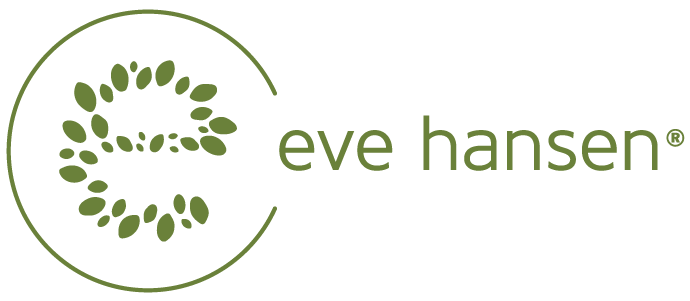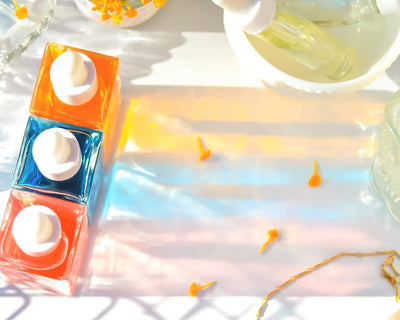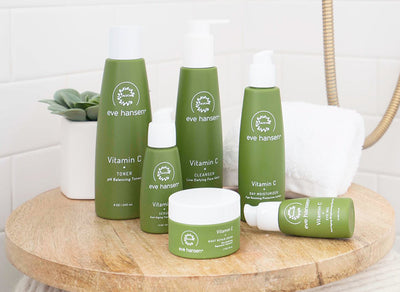
Teenagers “can’t wait to grow up” because they are frequently told that their skin will clear-up in a few years and that they just need to be patient. If you’re reading this blog, though, chances are you know that that’s not always true. Whether you’ve struggled with acne your entire life or have only recently started seeing breakouts, adult acne is a very real ‘skintaster’ that millions of people around the world deal with every day.
Pimples don’t magically disappear when you work full time, move out of the house, or when you turn 20…but because of the rising number of people suffering from adult acne, there are new tips, tricks, and treatments to help make the fight more bearable.
Read on for a detailed explanation of what causes adult acne and useful tips on how to control your breakouts!
What Causes Adult Acne?
Dermatologists do not exactly know why acne appears in adults, but they agree that it may be a combination of stress, changing hormones, eating habits, or just plain genetics (much of the same factors that cause teenage acne).
Whether you’re turning in algebra homework or paying a mortgage, slight changes in hormone levels can cause a flare up of breakouts. During different stages of our lives, hormonal changes cause oil glands to expand and produce more and more oil, causing a buildup of bacteria and clogged pores, leading to acne.
If there’s one thing that’s promised as an adult, its stress and if you’ve fallen victim to the dreaded stress pimple, you know what we’re referring to! Unfortunately, stress and foods like dairy are two of the main culprits behind hormonal fluctuations and therefore, controlling the presence of both these factors becomes crucial when trying to deal with adult acne.
As teenagers, many of us experience breakouts on our cheeks, noses, and foreheads. Adult acne, however, often makes itself at home on the lower half of your face, resting along your jawline, chin, and neck. No matter where it shows up, adult acne usually appears in big, red bumps whereas teenage acne comes in a mix of blackheads, whiteheads, and cystic bumps.

Tips
Diet is EVERYTHING – Because dairy causes a fluctuation in pimple-causing hormone levels, search for organic and hormone-free options. In addition to dairy, try cutting out excess foods high in sugar and saturated fats – such as white bread, fried foods, soda, candy, ice cream (you get the point) – as they lead to a surge in total-body inflammation and increase insulin levels. As a result, an increase in insulin exasperates oil production and the clogging of follicles, further congesting one’s complexion.
Regular spot treatments – One of our favorite (and quickest) methods to zap away a zit is keeping a spot treatment handy. Look for ingredients such as tea tree oil, retinol, bentonite clay, and salicylic acid to draw out oil and unclog tough pores. Dab your spot treatment onto the affected area to dry it out and kill the bacteria below the skin’s surface. With that being said, it’s also important to pay attention to the ingredients you’re using to help treat your acne. The same acne regimen suited for a 16-year-old might not be useful for treating adult acne. Retinoids are a favorite ingredient for adult women as they also provide anti-aging benefits and can be used in a unique regimen with other products, customizing your skin care results.
‘Relax, take it eaaasy’ – As we mentioned in an earlier blog post, stress triggers the release of an oil producing hormone called cortisol – responsible for causing an overproduction of oil in our glands. Cortisol also causes an increase in inflammation in addition to oiliness. Although more easily said than done, taking some time to relax and rejuvenate will provide serious relief for your complexion and overall health. To help you unwind, try a meditation aromatherapy blend with lavender essential oil, lemon essential oil, and eucalyptus essential oil.

Don’t pick – Adult acne is more stubborn, inflamed, and deeply rooted than teenage acne. Because of this, they cannot be easily popped by picking and squeezing and it’ll only do more damage than good. Touching blemishes disrupts the skin barrier, leads to scarring and only further irritated inflammation.
‘Treat yourself!’ – Sometimes the best thing you can do for your skin is schedule an appointment with a licensed professional for a deep cleansing treatment or – in more severe cases – a chemical peel. A deep cleanse is effective for clearing out inflamed and stubborn pores and preventing blemishes. Visiting a professional will also help you craft a treatment plan personalized specifically for your unique skin concerns.


